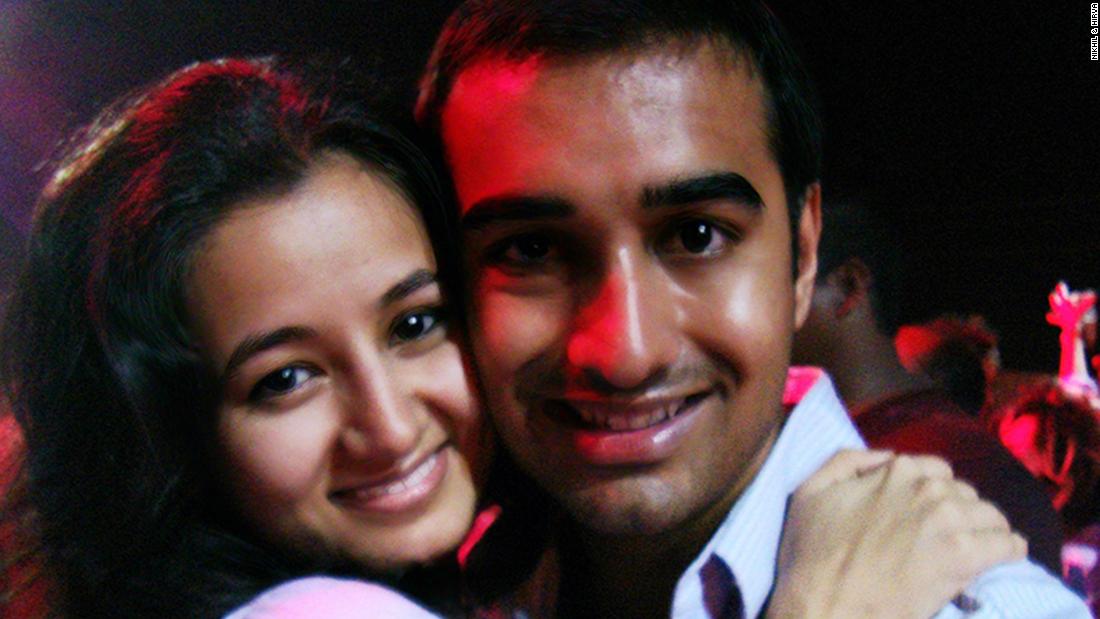China upbeat on North Korea-US nuclear talks
"The sides thoroughly clarified their positions on problems surrounding the nuclear issue on the Korean peninsula and the situation on peninsula and they expressed mutual concern," Foreign Ministry spokesman Liu Jianchao told a news conference.
"This benefits the advancement of mutual understanding and benefits finding a way to solve the Korean nuclear issue peacefully through dialogue," he said.
Western diplomats and analysts said the most likely outcome of the talks, behind closed doors at the secluded Diaoyutai Guest House, was an agreement to meet again — which would be positive after six months of tension.
U.S. Assistant Secretary of State James Kelly made no comment on his way to the meetings, the first formal talks between the United States and the North since the crisis erupted in October.
North Korea said earlier the United States should renounce its "hostile" intent before there could be discussions about dismantling the North’s nuclear project and verification — two key U.S. demands.
"The U.S. should show its political will to make a bold switchover in its hostile policy toward (North Korea)," the North’s state news agency said in a report that analysts said came right from the top.
"This is the master key to making the talks fruitful."
It said Washington had used verification — the hunt for weapons of mass destruction — in Iraq as a pretext to start the war that ousted President Saddam Hussein.
"The inspection and disarmament forced by the U.S. upon an independent state in violation of its sovereignty and its right to existence without any proper reason and ground are only aimed to justify and legalize aggression and war," it said.
‘Rock bottom’
Ties between Washington and Pyongyang had "hit rock-bottom" after U.S. President George W. Bush described the North last year as part of an "axis of evil", along with Iran and pre-war Iraq, for trying to develop weapons of mass destruction, it said.
"The DPRK-U.S. talks should, therefore, discuss and settle the issue of the U.S. renunciation of its hostile intention and policy toward the DPRK before talking about the ‘verification’ and the dismantlement of physical deterrent force."
The North’s official name is the Democratic People’s Republic of Korea or DPRK.
In addition to a security guarantee, Pyongyang wants aid and diplomatic recognition. The United States wants the North to scrap its nuclear program before giving a guarantee.
Few diplomats expect the Beijing talks to bridge this chasm.
U.S. officials have characterized them as a session at which the parties would stake out their positions.
Japanese Prime Minister Junichiro Koizumi said he believed the United States would not make a pre-emptive strike against North Korea as it did against Iraq.
"I’ve discussed the matter with President (George W.) Bush and we see eye-to-eye that the North Korea issue should be resolved through political and diplomatic efforts," Koizumi said in an interview with Reuters and some European news media.
Diplomats say China is acting mainly as facilitator, with Foreign Ministry Asian affairs chief Fu Ying also at the table.
The Beijing meetings marked the start of what is likely to be a lengthy process to defuse the crisis. South Korean Foreign Minister Yoon Young-kwan said it could take two or three years.
The nuclear standoff began in October, when Washington said the North admitted to an active covert program to make highly enriched uranium for nuclear arms beside a plutonium program frozen under a 1994 pact with the United States.
The United States has 37,000 troops on the divided Korean peninsula, most of them near the world’s most heavily militarized border, the Cold War’s last flashpoint.

